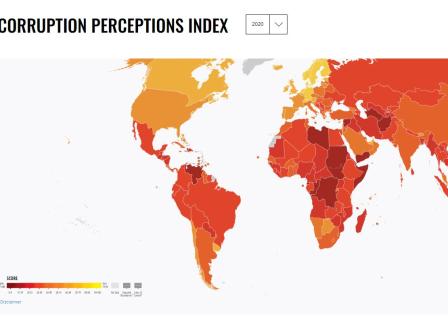Obliged Institutions – Detailed Analysis of Reporting Obligations under Articles 74, 86, 89 and 90 of the Polish AML Act
According to the Polish Act on Counteracting Money Laundering and Terrorist Financing (AML Act), obliged institutions are required to fulfill strict reporting obligations. Among the most critical provisions are Articles 74, 86, 89, and 90, which outline how and when to report suspicious activity to the General Inspector of Financial Information (GIIF) and, in some cases, to the public prosecutor.
This article provides a clear and practical overview of these legal obligations, aligned with compliance requirements and optimized for search engines.
Article 74 – General Obligation to Notify the GIIF
When an obliged institution confirms a suspicion of money laundering or terrorist financing, it must immediately report it to the GIIF.
Key requirements:
- Deadline: no later than 2 business days from the moment the suspicion is confirmed.
- Form: submission must be made electronically via the GIIF’s reporting platform.
- Content: the report must include transaction details, justification for the suspicion, and identification of the involved parties.
Failure to meet this obligation may lead to serious legal and reputational consequences, making it a core part of any AML compliance program.
Article 86 – Pre-transaction Reporting and Account Blocking
If a suspicious transaction is detected before execution, the institution must:
Immediate actions required:
- Report the transaction to GIIF without delay.
- Suspend the transaction or block the account for 24 hours.
- GIIF may extend the freeze up to 96 hours through a formal instruction.
This provision aims to stop the flow of illicit funds and give law enforcement time to take preventive action.
Article 89 – Notifying the Public Prosecutor of Other Crimes
In the course of monitoring transactions, if the institution suspects a crime other than money laundering or terrorist financing, it is obliged to report it directly to the public prosecutor.
Common reportable offenses:
- Tax evasion,
- Embezzlement,
- Financial or corporate fraud.
This is an additional legal obligation separate from AML reporting duties, designed to support the overall integrity of the financial system.
Article 90 – Reporting Suspicious Transactions After Execution
If a suspicious transaction has already been carried out before the institution could intervene:
Post-transaction obligations:
- Submit a Suspicious Activity Report (SAR) to the GIIF immediately.
- Include a justification explaining why the report could not be submitted earlier.
- the transaction is suspected to be linked to a crime, notify the public prosecutor as well.
This reinforces the principle that AML duties continue even after a transaction has been completed, especially when illicit activity is suspected.
Summary – AML Compliance in Practice
Properly fulfilling these reporting obligations is critical to effective AML compliance. Articles 74, 86, 89, and 90 form the backbone of legal expectations for obliged institutions in Poland.
Recommendations for obliged institutions:
- Ensure that your AML team fully understands the reporting obligations.
- Implement robust internal procedures and maintain ongoing AML training.
- Consider partnering with an AML advisory firm to reduce risk and streamline compliance processes.
Need Support with AML Compliance?
At AP Outsourcing Group, we specialize in AML outsourcing, advisory, and training aligned with the Polish AML Act and GIIF guidelines.






